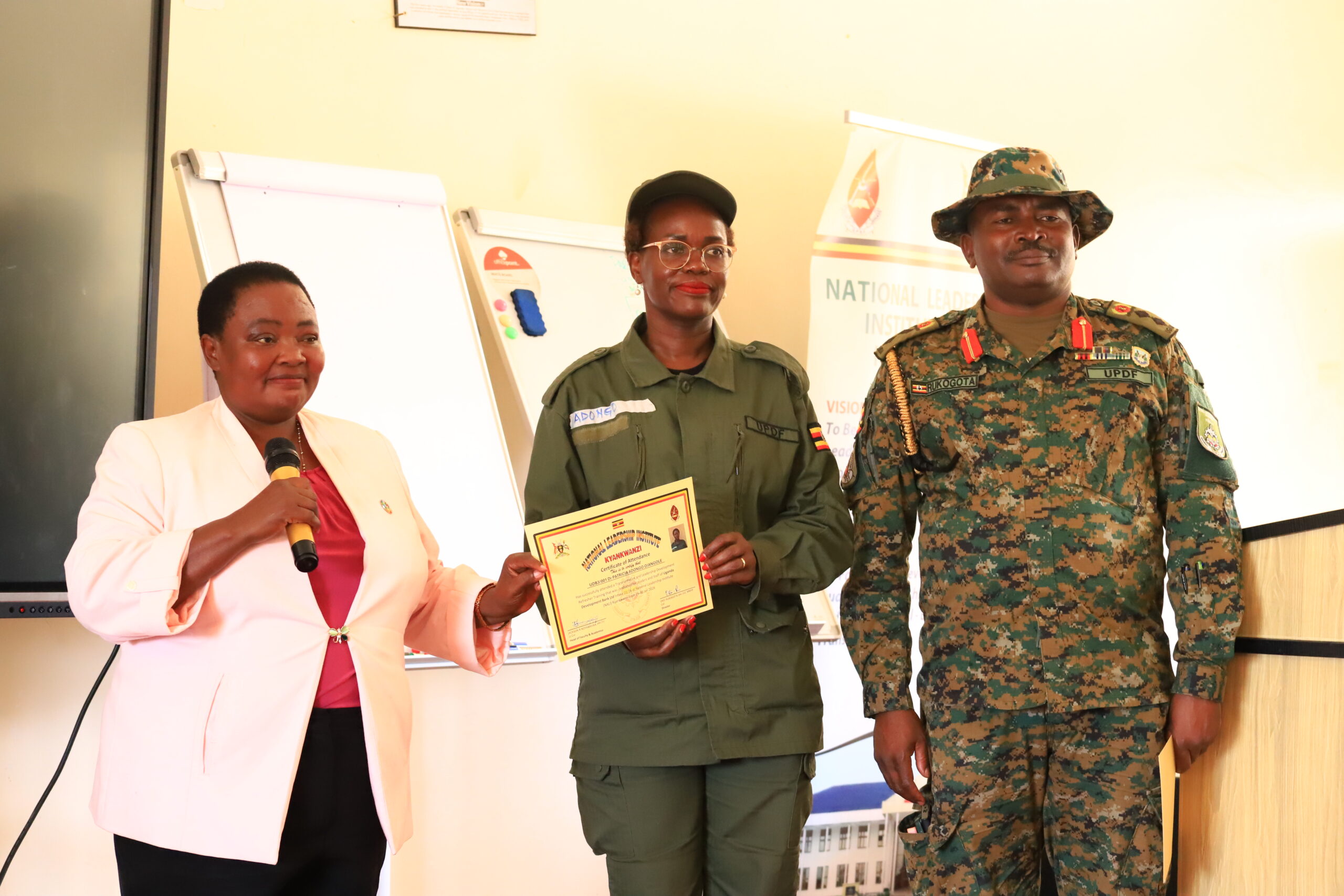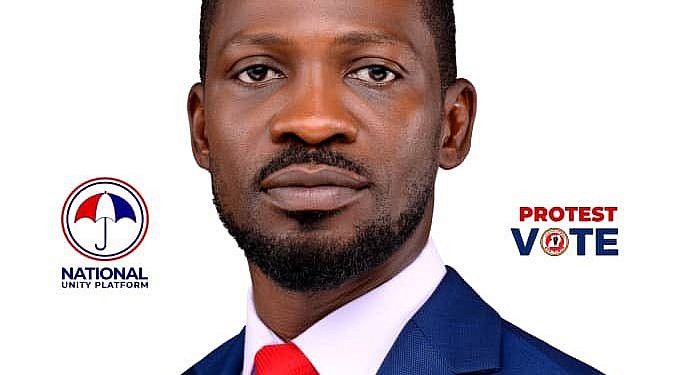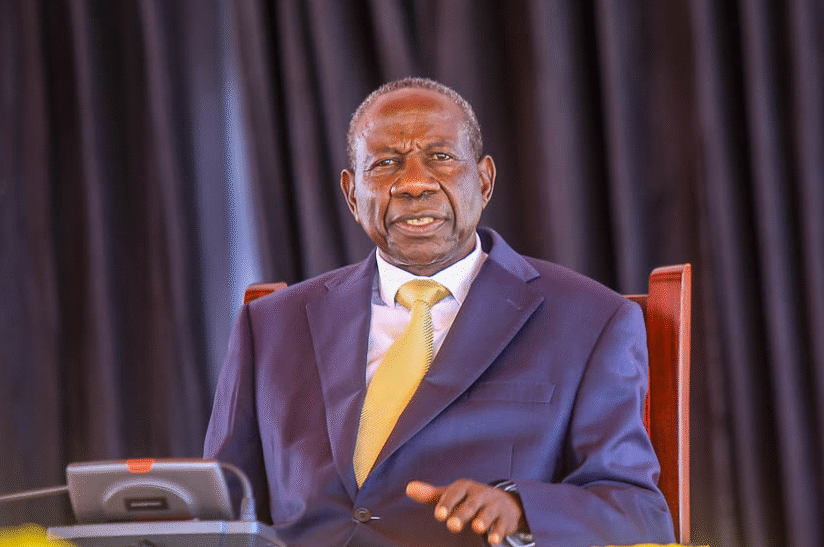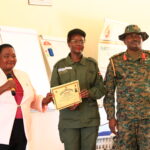As Uganda edges closer to the 2026 general elections, the National Unity Platform (NUP) has taken a different path from traditional political playbooks—abandoning open primary elections in favor of a vetting process to select its flag bearers.
The move has drawn both support and skepticism, highlighting the uneasy balance between political survival and internal democracy in an increasingly restricted environment.
NUP Deputy Spokesperson Alex Waiswa Mufumbiro defended the decision, saying the party’s nine-member vetting committee working alongside regional registrars—is a response to the harsh realities of operating as an opposition force under the National Resistance Movement (NRM) regime.
“We are often restricted from doing certain things,” Mufumbiro explained. “So we opted to be innovative in identifying leaders who have both quality and grassroots support.”
In contrast to the ruling NRM’s large-scale primary elections—often marred by chaos and internal disputes—NUP argues that vetting offers a leaner, more controlled approach. Financial limitations also played a decisive role, Mufumbiro noted, saying the party lacks the resources to conduct mass internal elections.
“We don’t have the financial muscle to run nationwide primaries,” he admitted, framing the vetting process as a tool for efficiency and credibility, not control.
Still, not everyone within or outside the party is convinced. Critics, including some aspiring candidates, argue that the closed-door process lacks transparency and undermines the participatory ideals NUP once championed.
The party, however, is standing its ground insisting that in Uganda’s political climate, idealism must often yield to pragmatism.
Whether this strategy will streamline NUP’s 2026 game plan or stir internal discontent remains to be seen. But one thing is clear: Uganda’s leading opposition party is betting on strategy over spectacle and hoping its base will understand the difference.





















